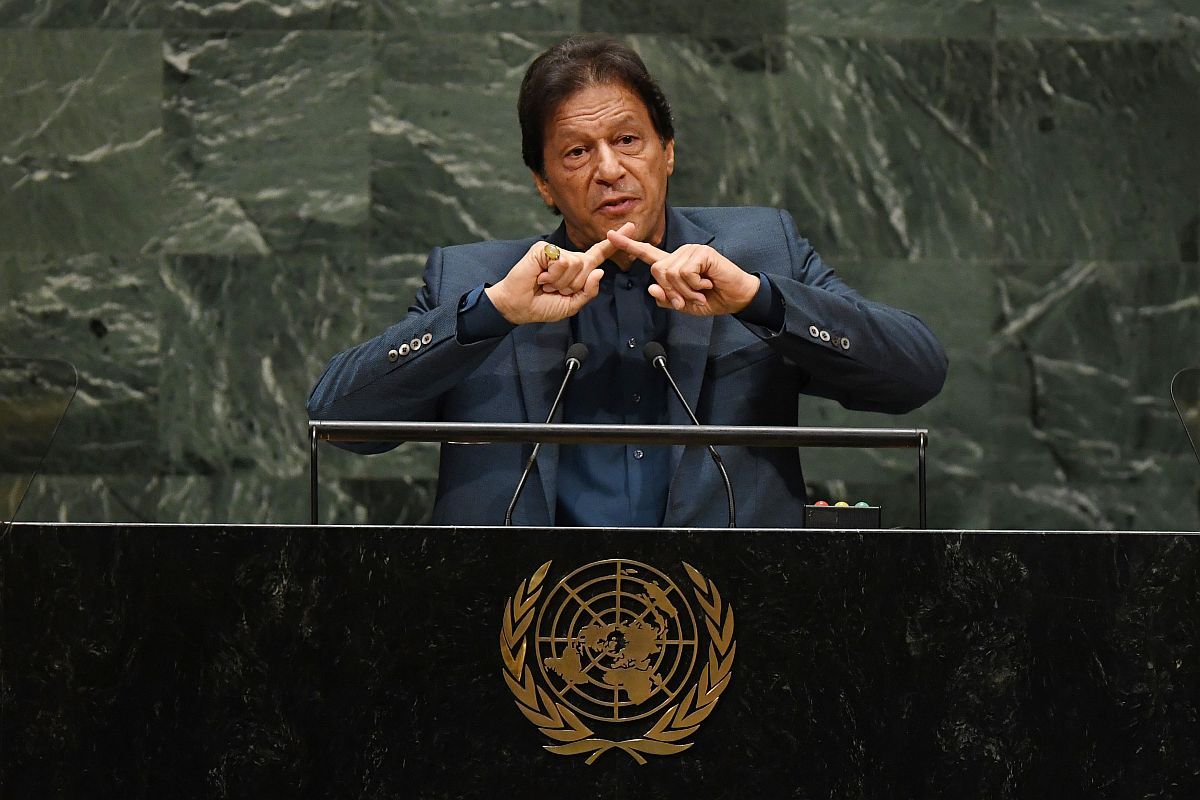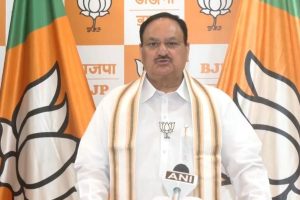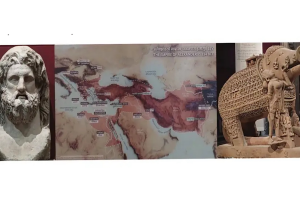Pakistan may not have been rapped on the knuckles by the Financial Action Task Force at its plenary meeting in Paris on Thursday, but the upshot can scarcely be flattering for the Imran Khan dispensation.
The FATF will retain Pakistan on its “grey list” and the country’s status will be reviewed at an “extraordinary” meeting in June. It shall not be easy for the government to disclaim its game of footsie with terrorists, still less for the omnipotent military to defend its sentences against militants. “Pakistan remains under increased monitoring,” said the FATF president, Dr Marcus Pleyer.
He acknowledged that while Islamabad had made “significant progress”, there remained some “serious deficiencies” in mechanisms to plug the financing of terrorism. He was emphatic that “three out of 27 [points] need to be fully addressed,” while alluding to the action plan agreed to by Pakistan.
Though the country has made progress, “we strongly urge completion of the plan”. From distant Paris, Dr Pleyer did convey a message to Islamabad ~ “Pakistan must improve their investigations and prosecutions of all groups and entities financing terrorists and their associates and show [that] penalties by courts are effective.
As soon as Pakistan shows it has completed these items, FATF will verify and members of FATF will vote.” The FATF chief has drawn a fine distinction between money-laundering and the broad framework to tackle terror. Markedly, he evaded a question on prosecution of terrorists.
“The FATF,” he said, “is not an investigative organisation. What we assess is the entire system of anti-money laundering [and] the framework. This does not change with incidents per se.” Truth to tell, for every terrorist killed, two are born. The military court’s death sentences against terrorists have done but little to contain the scourge. The FATF president noted that Pakistan was working towards its commitment made at a high level to implement the illicit financing watchdog’s recommendations, saying “that is not the time to put a country on the blacklist”. As soon as Pakistan completes the action, the watchdog “will verify the sustainability of the reforms and discuss the same in the next plenary in June”.
As regards the alleged funding of terrorism by India, the FATF president declined to comment on specific incidents, reiterating that the watchdog was not an investigative agency. “India is subject to the same rules as any other country and FATF will assess India as any other country when the time comes,” he added. Dr Pleyer has been remarkably diplomatic. North Korea and Iran remain the only two countries on the blacklist.
The designation means international financial transactions with those countries are closely scrutinised. International creditors can also place restrictions on lending to blacklisted countries. For now, Pakistan remains daubed in shades of grey. This is neither here nor there.











